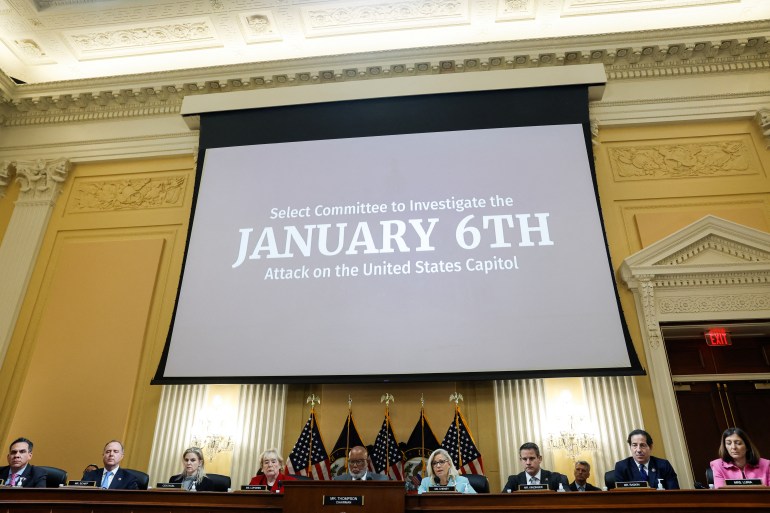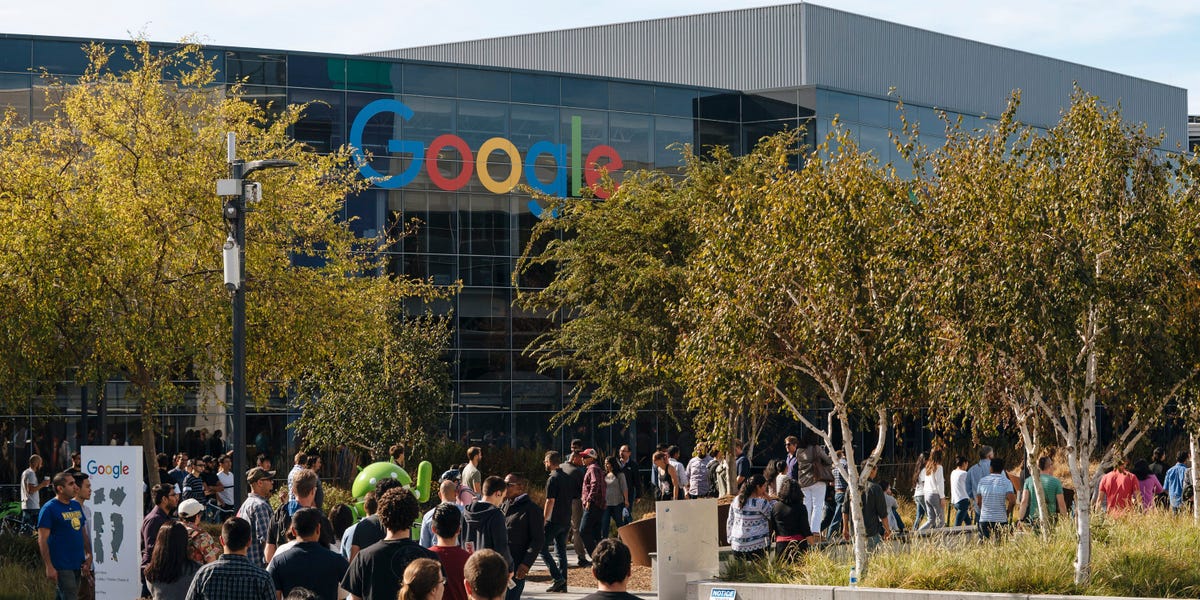The unveiling of OpenAI’s latest text-to-video tool, Sora, through a captivating video presentation has left viewers awestruck. The realistic portrayals include scenes like charging woolly mammoths in snowy landscapes, a couple strolling amidst falling cherry blossoms, and aerial views of the California gold rush.
This demonstration had such a profound impact that renowned movie producer Tyler Perry halted an $800 million studio investment. The emergence of tools like Sora, designed to transform a user’s imaginative text into lifelike moving images, raises concerns about the potential obsolescence of traditional studios.
While the advancements in artificial intelligence (AI) hold promise for creative endeavors, there are apprehensions about the misuse of such technologies by malevolent individuals. The ability to generate highly convincing deepfakes using these services could lead to misinformation campaigns, particularly during sensitive events like elections, fostering chaos and discord.
Authorities, law enforcement agencies, and social media platforms are grappling with the escalating challenge of AI-generated disinformation. Instances of manipulated audio impacting elections in Slovakia and voter suppression during the New Hampshire primaries underscore the urgency of addressing this issue.
As AI tools evolve, the line between reality and fabrication blurs, posing a significant dilemma for society. Experts in political disinformation and AI emphasize that combating deepfakes necessitates not just technological solutions but also robust regulation of online platforms to curb their misuse.
The recent study by the Center for Countering Digital Hate (CCDH) sheds light on the loopholes in enforcing policies aimed at preventing the dissemination of misleading images. The ease with which contentious visuals, such as fabricated images of political figures or election interference, can be created underscores the imperative for stringent safeguards.
The reluctance of AI companies to prioritize safety measures over rapid product development highlights the inherent tension between profit motives and ethical considerations. Calls for regulatory intervention to hold tech giants accountable gain traction as the threat of AI-driven disinformation looms large.
Amidst renewed commitments by major tech companies to combat disinformation, the recurring cycle of promises without tangible progress mirrors past struggles in safeguarding online discourse. The convergence of unregulated AI and social media amplifies concerns about the unchecked proliferation of false narratives and manipulated content.
As pivotal elections approach in various regions, the urgency to address the dual challenges of AI-generated disinformation and dwindling platform oversight intensifies. The erosion of trust in media authenticity due to the prevalence of sophisticated fakes underscores the pressing need for proactive measures to safeguard public discourse and democratic processes.










